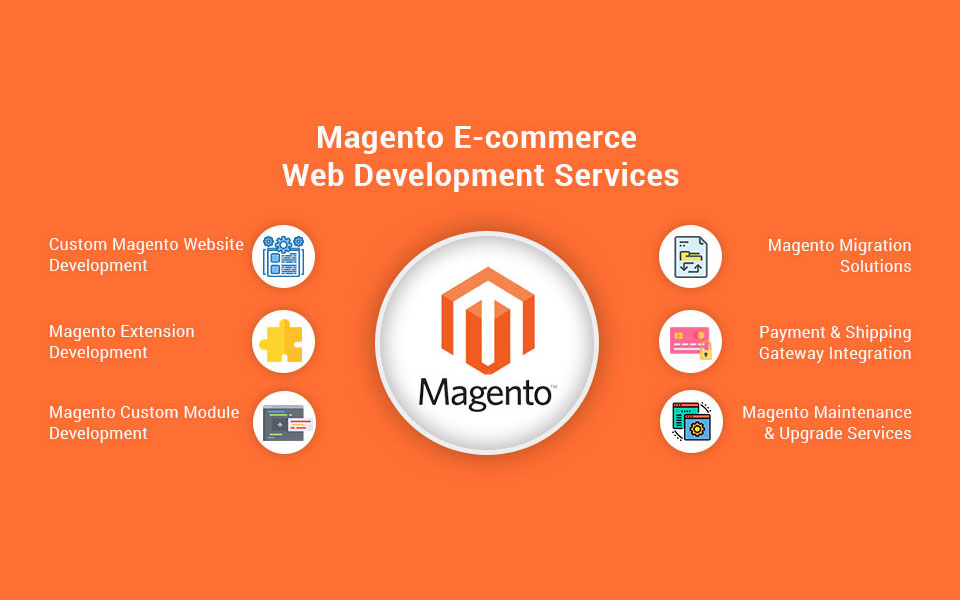In today’s digital age, the e-commerce landscape is fiercely competitive. To succeed, businesses need a robust, versatile, and scalable platform. Adobe Commerce, formerly known as Magento, stands as a stalwart in this arena, offering a powerhouse solution for businesses of all sizes. This article explores the unparalleled capabilities of Adobe Commerce, showcasing how it is transforming e-commerce and driving business success.
A Legacy of Excellence
Adobe Commerce, formerly Magento, has a rich history that dates back to its initial release in 2007. Over the years, it has consistently evolved, adapting to the ever-changing e-commerce environment and emerging as a front-runner in the industry. In 2018, Adobe Systems acquired Magento, and this synergy marked the beginning of a new era for the platform.
Key Features and Advantages of Adobe Commerce
1. Versatility and Scalability :
Adobe Commerce is renowned for its flexibility. It caters to businesses of all sizes, from startups to enterprise-level corporations. The platform’s modular architecture allows for customization and expansion, enabling businesses to scale their operations as they grow.
2. Rich Feature Set :
Adobe Commerce boasts a comprehensive set of features that cover everything from product catalog management and order processing to marketing and content management. This feature richness provides e-commerce businesses with the tools they need to create exceptional online shopping experiences.
3. Open Source Roots :
Adobe Commerce is built on an open-source foundation, fostering a thriving community of developers and contributors. This open-source nature allows for extensive customization and integration with third-party systems.
4. Mobile-Responsive Design :
In an era where mobile commerce is on the rise, Adobe Commerce offers responsive design capabilities, ensuring a seamless shopping experience for customers on smartphones and tablets.
5. Robust SEO Capabilities :
The platform includes powerful SEO tools, enabling businesses to optimize their e-commerce sites for search engines, driving organic traffic and improving visibility in search results.
6. Global Reach :
Adobe Commerce supports multiple languages, currencies, and tax systems, making it ideal for businesses operating on a global scale. This feature streamlines international e-commerce operations.
7. Extensive Integration Options :
Adobe Commerce offers a wide range of integrations with payment gateways, shipping providers, and third-party apps. This simplifies the process of extending the platform’s functionality to suit specific business needs.
8. Security and Compliance :
Security is paramount in e-commerce, and Adobe Commerce adheres to industry standards and best practices to keep customer data safe. It also helps businesses comply with regulations like GDPR.
9. Personalization and AI :
Adobe Commerce leverages artificial intelligence and machine learning to enable personalized shopping experiences. This enhances customer engagement and drives conversions.
The Adobe Ecosystem
Adobe Commerce benefits from its integration into the broader Adobe ecosystem, offering a holistic approach to digital commerce. This synergy allows for seamless data sharing and unified customer experiences, from marketing and advertising to sales and customer support.
The Future of E-commerce
As e-commerce continues to evolve, Adobe Commerce is at the forefront of innovation. With its commitment to continuous improvement and adaptation to emerging technologies, it remains a vital asset for businesses aiming to thrive in the digital marketplace.
In conclusion, Adobe Commerce (formerly Magento) empowers e-commerce businesses with an array of features, customization options, and scalability. Its extensive ecosystem and dedication to innovation make it a leading force in the world of digital commerce. With Adobe Commerce, businesses have a powerful tool to craft outstanding online shopping experiences and drive success in the highly competitive e-commerce landscape.
